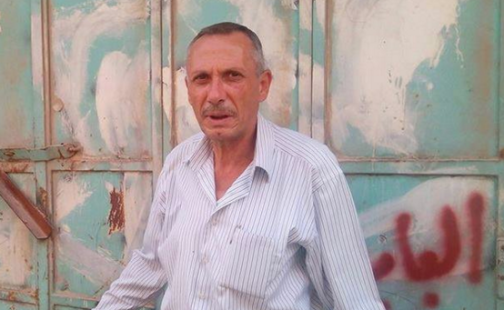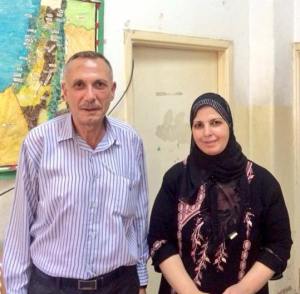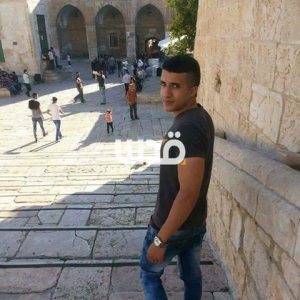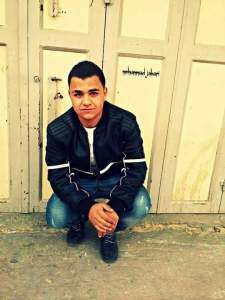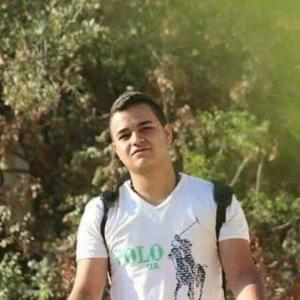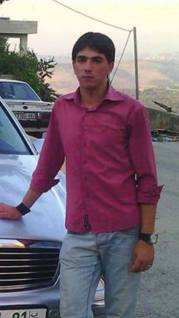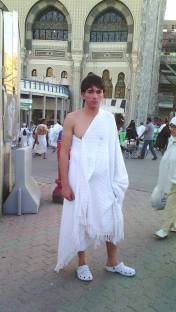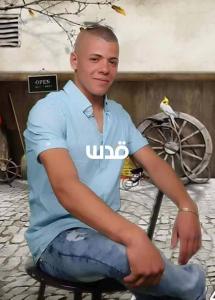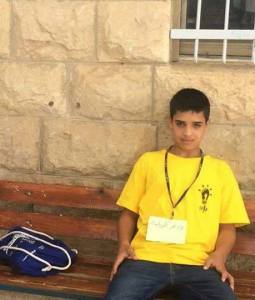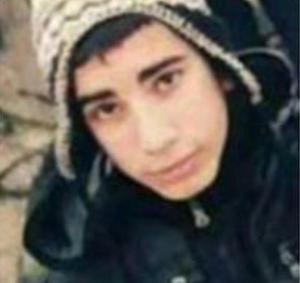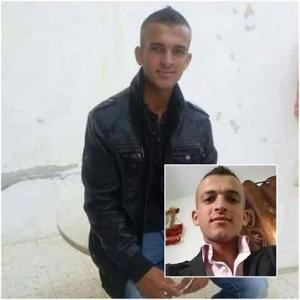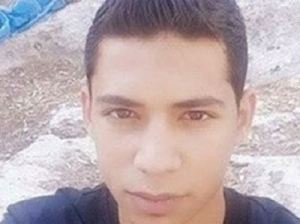Hashem al-Azzeh, 54 years old, died in Hebron on October 21, 2015 after excessive tear gas inhalation during clashes. He lived in the Tel Rumeida neighbourhood of Hebron.
Hashem was well-known by journalists and international visitors for his determination to remain on his land, despite run-ins with Israeli soldiers and settlers. Earlier this year, Middle East Eye interviewed Hashem, who told of a harsh life under Israeli occupation and pointed out the danger of living in an area that ambulances could not reach. To try and compensate for the lack of medical attention, he completed a first aid course and used to teach others in the community how to be first aid responders. Hashem managed a psychological support group for his community, encouraging them to speak about trauma. Together with his wife, Nisreen, he created a social enterprise for Hebron’s young Palestinian women, helping them to learn skills and earn money to support themselves and their families.
Halaby, the IMEMC spokeswoman, said: “The reason Hashem’s story has resonated with the journalist community is because of his incredible will power…He had a really dynamic personality. … He previously worked with the United Nations, he had a young family, and he lived with constant harassment by settlers and the Israeli army,” Halaby said. “One time, he lived without water for three years after Israeli settlers cut his water pipes,” she said. In another incident, “the Israeli military built an outpost on the roof of his brother’s house”. She added that the Israeli government had offered Hashem’s family money to move out of his house in the Tel Rumeida neighbourhood, in an effort to make room for Israeli settlers. “The Israeli government offered him quite a sum of money. So many others took the money and left, but Hashem stayed.”
“The Palestinians become crazy from this situation,” Azzeh told MEE in March. “In order to get to your house, you need a permit, you need all your baggage checked. You can’t drive a car. There’s no clinic, no ambulance. You are harassed by soldiers all the time.”
The closure of Shuhada Street (a major street in Hebron) in 1994 led to Hashem being confined to the Israeli-controlled H2 area, and to him losing a job he had with the UN. The heavy Israeli military and settler presence in Hebron “affects us in every way,” Hashem told Middle East Eye. “Psychologically, socially, economically, in our families and community.”
His wife, Nisreen, added: “The settlements mean our kids are stuck at home, and there’s no place for them to play. The settlers attack us regularly. The soldiers detain us for a long time at the checkpoint. All of these make like a kind of eviction – they’re trying to make us leave by ourselves.”
Video of Hashem in 2011, talking about Israeli settler attacks against his family: http://www.youtube.com/watch?v=mgfbgaIxpHg
Read about Hashem being able to harvest olives for the first time in 14 years, in October 2014.
Read an interview the International Solidarity Movement had with Hashem in 2013.
Sources: Middle East Eye, Muftah
